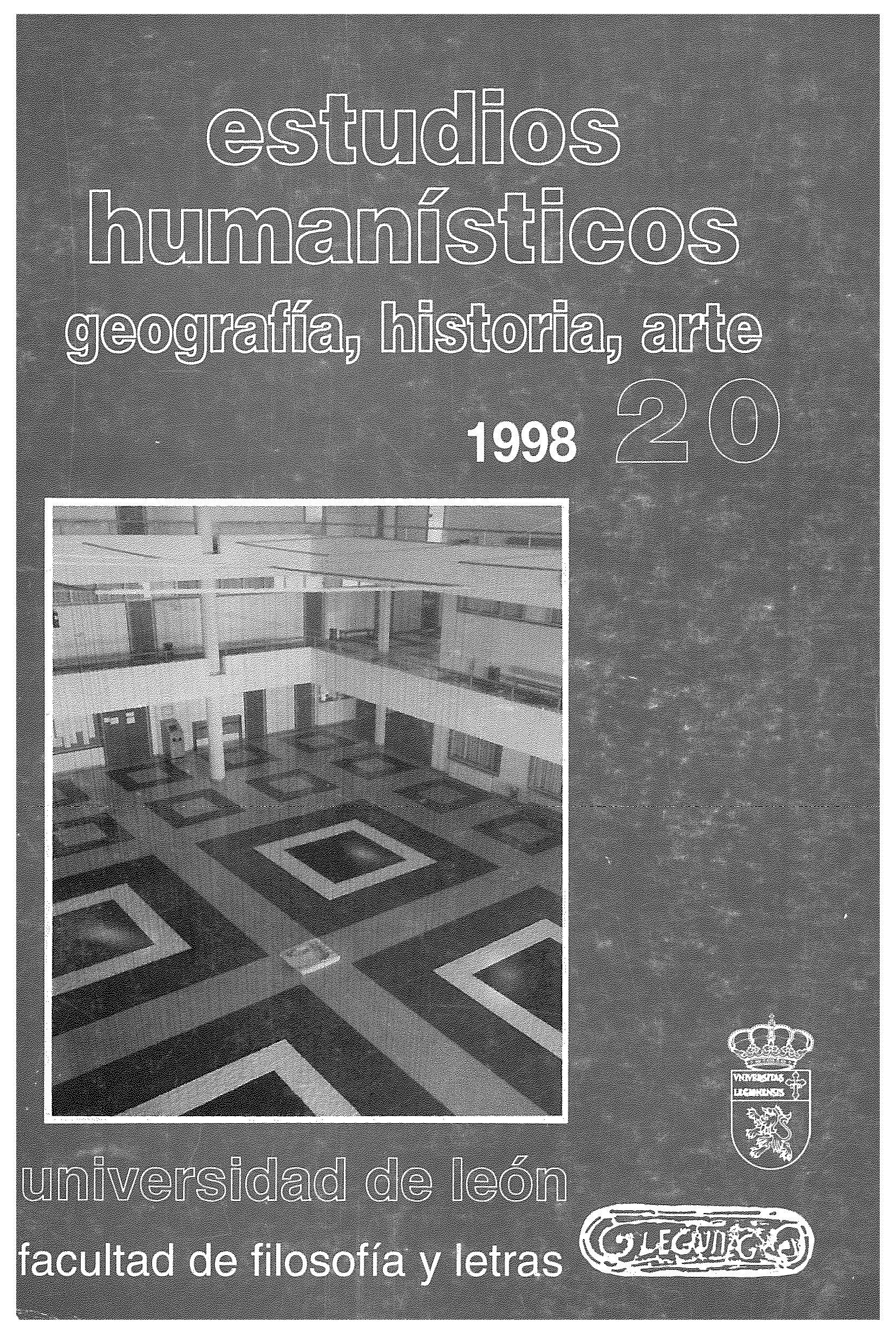China, una prolongación de la polémica sobre el Nuevo Mundo
DOI:
https://doi.org/10.18002/ehgha.v0i20.6774Palavras-chave:
China, evangelización, conquista, J. González de Mendoza, J. Acosta, P. Valencia, A. SánchezResumo
After the discovery and colonization of The Philippines and particulary since the arrival of the first Augustinian and Franciscan missionaries, China, until then an unknown and inaccessible empire, became a focus of interest for humanists, traders and preachers. The approach to the Ming Empire renewed the controversy about the just titles of the conquest of the Spanish Crown and the conditions of lawful war to remove the obstacles to trade and preaching. This article gives a brief synthesis of both conflicting attitudes: the one defended by the Augustinian González de Mendoza, the Jesuit José de Acosta and the Humanist Pedro Valencia is based on mutual respect and the rejection of any kind of violence against the Empire; the other is supported by the factor Juan Bautista Román and the Jesuit Alonso Sánchez in favour of military action justified by the obstinacy of the Emperor and the Mandarins and their policy of close borders to ideas and foreing people.Downloads
Não há dados estatísticos.
Downloads
Publicado
1998-12-01
Como Citar
Viforcos Marinas, M. I. (1998). China, una prolongación de la polémica sobre el Nuevo Mundo. Estudios humanísticos. Geografía, historia y arte, (20), 57–78. https://doi.org/10.18002/ehgha.v0i20.6774
Edição
Secção
Estudios
Licença
Direitos de Autor (c) 1998 María Isabel Viforcos Marinas

Este trabalho encontra-se publicado com a Licença Internacional Creative Commons Atribuição-NãoComercial-CompartilhaIgual 4.0.








